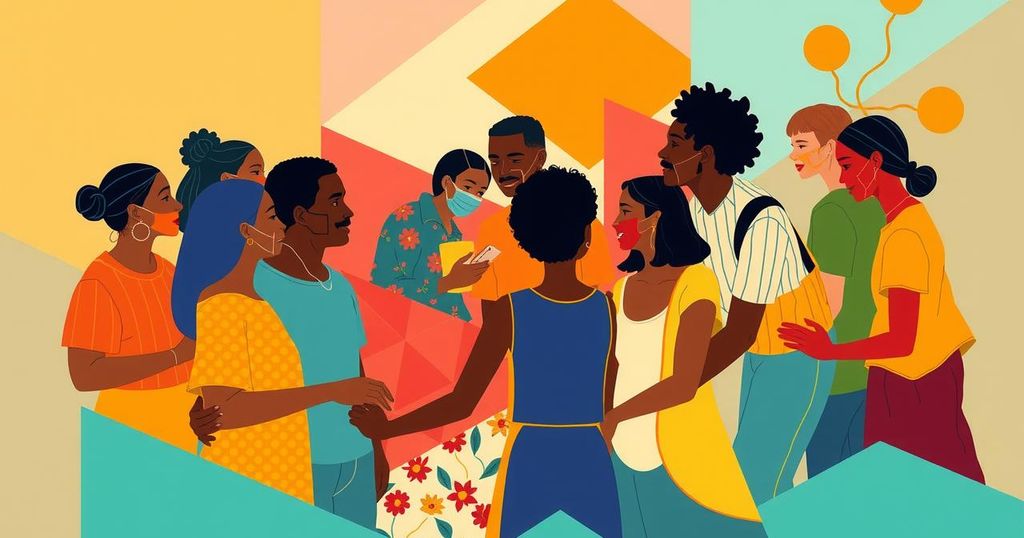Why We Need to Rethink Our Understanding of Voter Dynamics
- Kamala Harris underperformed in key demographic groups like Black and Latino voters during the recent elections.
- Sociologist Musa al-Gharbi pointed out that Democrats lost support as minority groups shifted towards Trump.
- Current mental models of identity politics need serious reconsideration after unexpected voter behavior.
- Most voters focus on pressing issues like inflation rather than solely identity-related concerns.
- Major differences in voting patterns among men and women highlight the inadequacies of simplistic categorizations.
Rethinking Assumptions About Identity and Politics
The recent election results have raised eyebrows and forced many to reassess their expectations regarding identity politics and voter behaviour. To put it bluntly, we assumed that the Democratic Party’s strategies around representation, particularly the nomination of figures like Kamala Harris, would consolidate voter support within specific demographic groups. These assumptions were wrapped up in the notion that a woman or a Black woman would naturally perform better among female or Black voters, respectively, compared to their predecessors. However, as polling data now reveals, these assumptions have not only fallen short of the mark but have also led to unexpected shifts in the political landscape.
The Cracks in Our Collective Understanding
In fact, the numbers tell a jarring story; Harris not only polled worse among Black voters than Biden in 2020, but she also saw a decline in support from women and Latino voters alike. Interestingly, she did witness stronger backing from affluent people and particularly white men, contradicting the very foundations upon which identity politics rests. The sociologist Musa al-Gharbi succinctly noted the election’s dynamics with the statement that “Democrats lost because everyone except for whites moved in the direction of Donald Trump this cycle,” which caught many of us off guard. This dramatic turn of events suggests that the collective mindset we’ve relied upon to frame our understanding of American politics might need a significant overhaul.
Challenging the Identity Politics Framework
So, where do our existing models come from? It seems they stem from a range of sources including our experiences, direct interactions, and the narratives we absorb from media and education. One might argue that highly educated circles have increasingly embraced a framing of society dominated by identity categories — backgrounding those who are privileged in favour of struggling groups. While this approach emerged from vital liberation movements over the decades, its effectiveness in real-world politics appears to be waning. As we found out, many voters consider issues like inflation, crime, or foreign policy rather than being preoccupied solely with their identity context. Unlike the insistence of identity politics, voters think for themselves, often outside these prescribed group categories.
In summary, the election results have exposed the pitfalls of relying solely on identity politics to shape electoral expectations. The assumption that voters will line up behind candidates based on race or gender has proven faulty. It’s clear that moving forward, we must embrace a more comprehensive understanding of individual motivations and complexities to foster a more effective political dialogue and unity.




